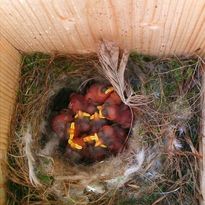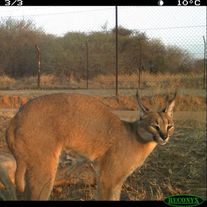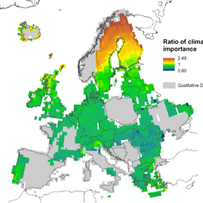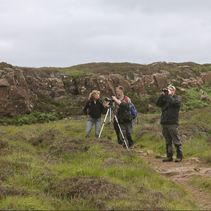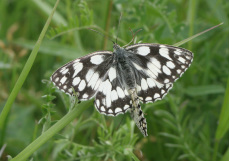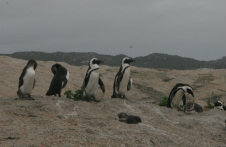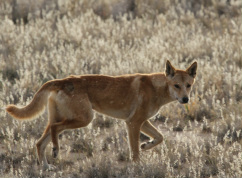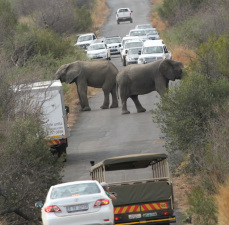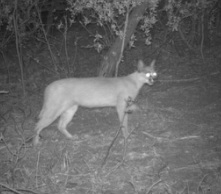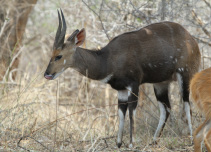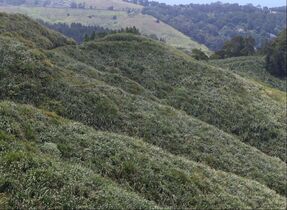Current Research
Research in the Conservation Ecology Group centres around questions related to the conservation of species and improving our understanding of ecological systems, to improve management, now and into the future. Our research encompasses five principal research areas. Details of individual projects can be accessed via the people page. We have a regular seminar series and we meet weekly for lab meetings.
Research in the Conservation Ecology Group centres around questions related to the conservation of species and improving our understanding of ecological systems, to improve management, now and into the future. Our research encompasses five principal research areas. Details of individual projects can be accessed via the people page. We have a regular seminar series and we meet weekly for lab meetings.
Impacts of climate change on species
|
Human influenced climate change has impacted on natural systems markedly over recent decades and is forecast to have more pronounced effects in future. Research in the group focuses on developing and testing models to project the impacts of climate change on species, and on applying models to contemporary and future climates to inform conservation planning. Linked with the themes of landscape conservation and population ecology (below), we strive to develop models that forecast potential climate impacts on species, ecosystems and conservation networks, and that incorporate species traits to produce realistic scenarios of change. Recent and ongoing questions in this area include:
|
Landscape conservation
|
Although protected areas are a vital tool for the conservation of rare species, the wider landscape is equally important for conserving many species. Our landscape research interests include understanding how species use the wider landscape and we have developed models to simulate the spread of species, both native and alien, through landscapes. Our landscape interests also extend beyond species conservation into the field of ecosystem services, with a particular interest in cultural service provision. Working with conservation organisations, areas of research interest include:
|
Population ecology
|
Much modern conservation is now conducted at a landscape scale. Nevertheless, prioritisation and indicators of success rely heavily on information about the status of, and impacts of management on, populations. In this context, we are interested in methods for monitoring populations, the interpretation of monitoring data, and linking population changes to their underlying environmental drivers. Drivers of population change include climate (see above) - but also predation and resource availability, disease, fire management and disturbance.
Some examples of recent, current and ongoing questions in this area include:
|
Invasion ecology
|
The introduction of species from where they evolved to new parts of the world is now occurring at an unprecedented rate, with rising numbers of introductions on every continent. This global biotic exchange has consequences for the composition and functioning of communities and ecosystems as new interactions between introduced and resident species are forged. Some introduced species may become so abundant and widespread, that they can alter community dynamics and ecosystem processes, sometimes to the detriment of resident species. Our research addresses important questions about the causes and consequences of these invasions by introduced species:
|
